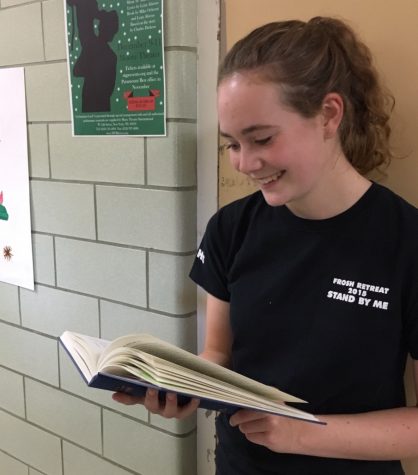Cat’s Out of the (Reusable) Bag
May 29, 2018
It is no secret that Seattle legislature has taken steps to reduce the environmental atrocities associated with single-use plastic bags.
Plastic bags are responsible for the deaths of 100,000 marine creatures per year, according to the Center for Biological a Diversity.
Single-use plastic bags were banned from stores in Seattle city limits as of July 1, 2012, according to Municipal Code Ordinance No. 123775. A revised version of the law went into effect in 2017 which stated that plastic bags tinted brown or green would also be banned so the only bags with these colors could be identified as compostable, according to Seattle Public Utilities.
Most grocery stores feature reusable shopping bags for sale near checkout counters. Although some believe these to be a waste of money, you will have to pay for bagging either way. Along with the plastic bag ban, large paper bags have a minimum required fee of five cents, according to Seattle Public Utilities. These fees can easily add up over time.
Trader Joe’s has a collection of reusable bags specific to different cities around the United States. Fun designs such as these incentivize the use of reusable bags.
Although it can be a struggle for some to remember to bring their reusable bags, they are in fact more convenient because they are less likely to rip. More durable material prevents holes from forming and handles from ripping off.
Even though paper bags are required to be made of at least 40% recycled materials, reusable bags prevent excessive energy use and materials to be wasted. In addition, reusable bags are not limited to the boundaries of Seattle.
My family regularly brings reusable bags to grocery store and has been using some of them for almost eight years.
Even if you don’t want to buy a bag meant for reuse, continuously using plastic, paper, or reusable bags helps mitigate negative impacts on the environment.






